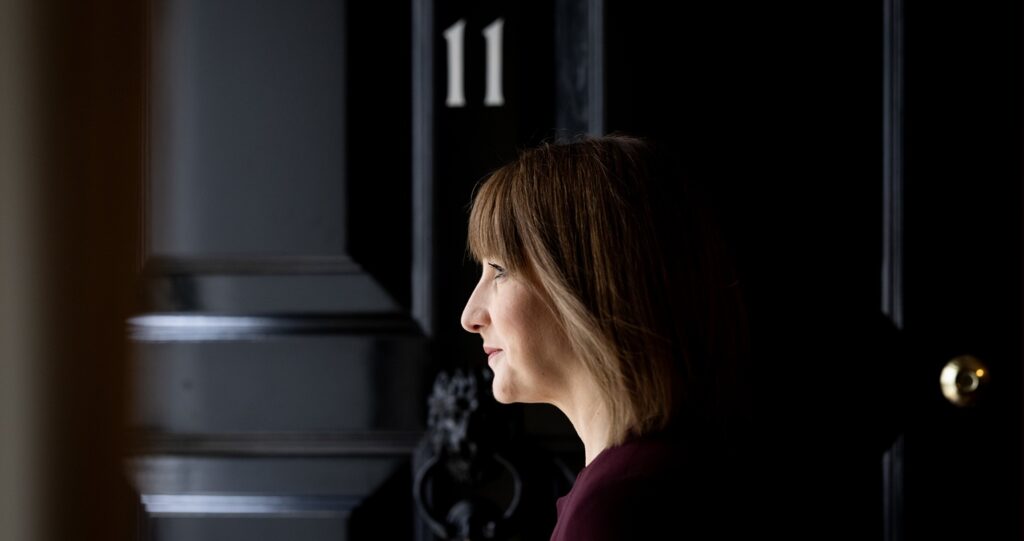Poverty is a political choice, and ending it is possible should those in powers choose to
Jen Clark is Economic Social & Cultural Rights Lead at Amnesty International UK
Last week the Government announced £5bn of welfare cuts, which will see the eligibility criteria for Personal Independence Payment (PIP) tightened, and the health element of universal credit reduced for new claimants. The DWP’s own impact assessments show that the impact of the cuts will be brutal, with 250,000 people, including 50,000 children pushed into poverty.
For many of the 16 million people in the UK already living below the poverty line the impact will be further destitution. Many more people will have to rely on food banks and plunging into debt to eat, stay warm, and prevent their children from living in poverty. These changes to social security create a brutal domino effect where people’s right to food, health and housing collapse one after another. For instance, a disabled person loses their PIP, meaning their carer also loses their Carer’s Allowance, meaning the carer faces sanctions for not finding work, and then on top of losing their PIP, the disabled person loses the support they need to wash, use the toilet, dress and eat.
We will ultimately see vulnerable people left at extreme risk of harm, and many others forced into debt, poverty and extreme stress, causing a further rise in mental and physical health problems across the country. This will put even more strain on the NHS and local authorities, requiring the Government to make bigger investments in an attempt to solve problems caused by their own cuts.
This government seems to have forgotten that social security is a human right and the bedrock of a civilised society. The protection that social security provides is how we ensure people can eat and live safely with their families and in communities, no matter their circumstances. It’s how we ensure that everyone in our society, no matter their challenges, can live their lives in dignity and with their basic needs met.
The Government likes to boast that the UK leads the world in respecting international law. But that includes economic, cultural and social rights, the right to food and a home for instance, which as the cuts to disability benefits show, the Government is failing to provide to many of its own citizens. Indeed, only last month, the UN concluded that the UK Government is failing in their approach to tackling poverty in the concluding observations on the UKs report to the Committee for Cultural, Economic and Social Rights.
The Government justifies these cuts by claiming that they are ‘getting people back into work’. But to do so in a meaningful way would require them to acknowledge the interdependencies in peoples’ lives that act as a barrier to them engaging with work or earning enough to make ends meet. Many people living in poverty are in work in the UK, and DWP research from 2025 found that 41% of people who claim health or disability benefits were on an NHS waiting list and half felt their ability work was dependent on getting this treatment. People need support to overcome the barriers into decent work, investment in skills, decent social care, childcare, timely healthcare and where these are not in place or someone simply cannot work, they need social security to step in not punishment and stigma.
Poverty is a political choice. Ending it is perfectly possible should those in power choose to, but tragically successive Governments have instead chosen to exacerbate the problem without a clear mechanism to be held accountable. When it comes to balancing the books, successive Governments have chosen to put the squeeze on the people with the lowest incomes first rather than look to those who can afford to contribute more. Instead of investing in social security they’ve chosen to run roughshod over our human rights, at huge personal cost to families across the country.
The social security system isn’t fit for purpose, and it needs reform to recentre human rights principles, dignity and respect to protect people from hunger and hardship. It must be non-negotiable in a relatively wealthy country like ours that the government prioritises reversing poverty not worsening it.
Image credit: Lauren Hurley / 10 Downing Street – Creative Commons
Left Foot Forward doesn’t have the backing of big business or billionaires. We rely on the kind and generous support of ordinary people like you.
You can support hard-hitting journalism that holds the right to account, provides a forum for debate among progressives, and covers the stories the rest of the media ignore. Donate today.




